Maria Alejandra Barrios
Reducing audio membership inference attack accuracy to chance: 4 defenses
Oct 31, 2019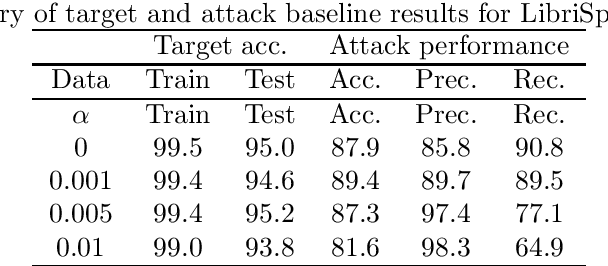
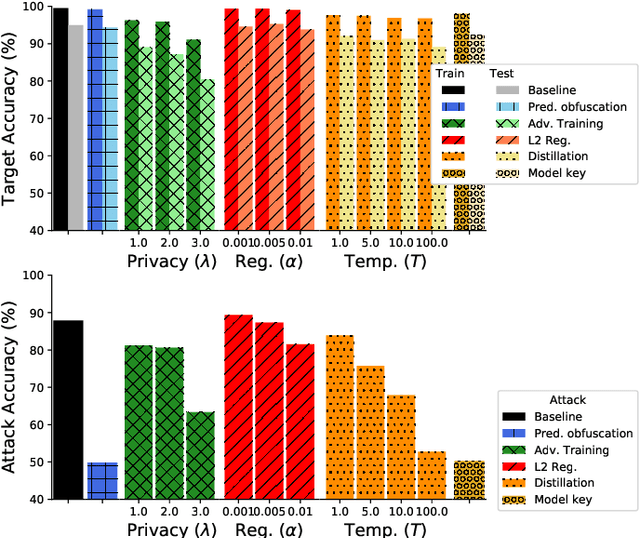
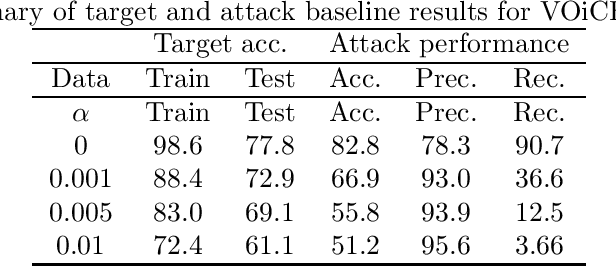
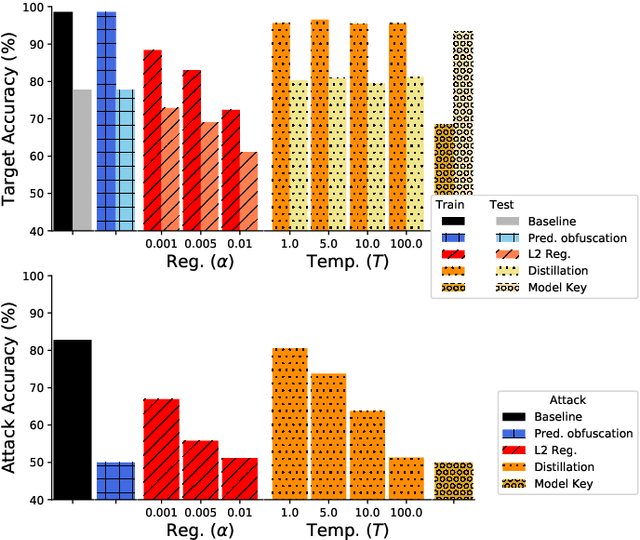
Abstract:It is critical to understand the privacy and robustness vulnerabilities of machine learning models, as their implementation expands in scope. In membership inference attacks, adversaries can determine whether a particular set of data was used in training, putting the privacy of the data at risk. Existing work has mostly focused on image related tasks; we generalize this type of attack to speaker identification on audio samples. We demonstrate attack precision of 85.9\% and recall of 90.8\% for LibriSpeech, and 78.3\% precision and 90.7\% recall for VOiCES (Voices Obscured in Complex Environmental Settings). We find that implementing defenses such as prediction obfuscation, defensive distillation or adversarial training, can reduce attack accuracy to chance.
Robust or Private? Adversarial Training Makes Models More Vulnerable to Privacy Attacks
Jun 15, 2019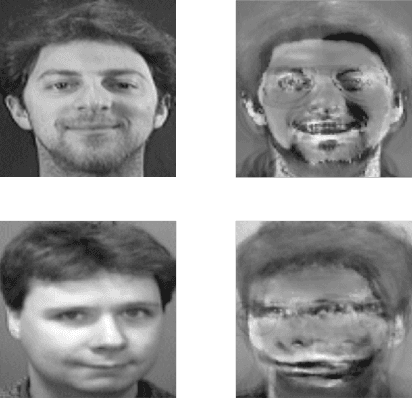


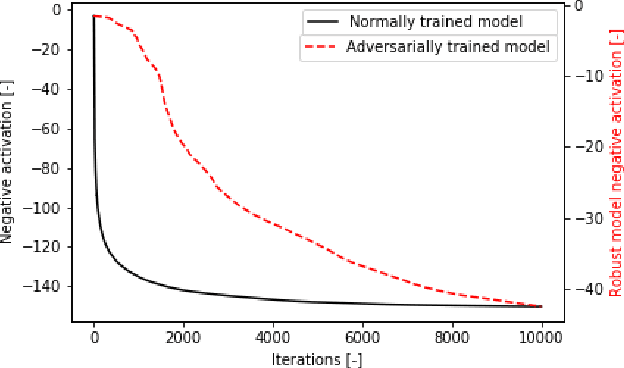
Abstract:Adversarial training was introduced as a way to improve the robustness of deep learning models to adversarial attacks. This training method improves robustness against adversarial attacks, but increases the models vulnerability to privacy attacks. In this work we demonstrate how model inversion attacks, extracting training data directly from the model, previously thought to be intractable become feasible when attacking a robustly trained model. The input space for a traditionally trained model is dominated by adversarial examples - data points that strongly activate a certain class but lack semantic meaning - this makes it difficult to successfully conduct model inversion attacks. We demonstrate this effect using the CIFAR-10 dataset under three different model inversion attacks, a vanilla gradient descent method, gradient based method at different scales, and a generative adversarial network base attacks.
 Add to Chrome
Add to Chrome Add to Firefox
Add to Firefox Add to Edge
Add to Edge